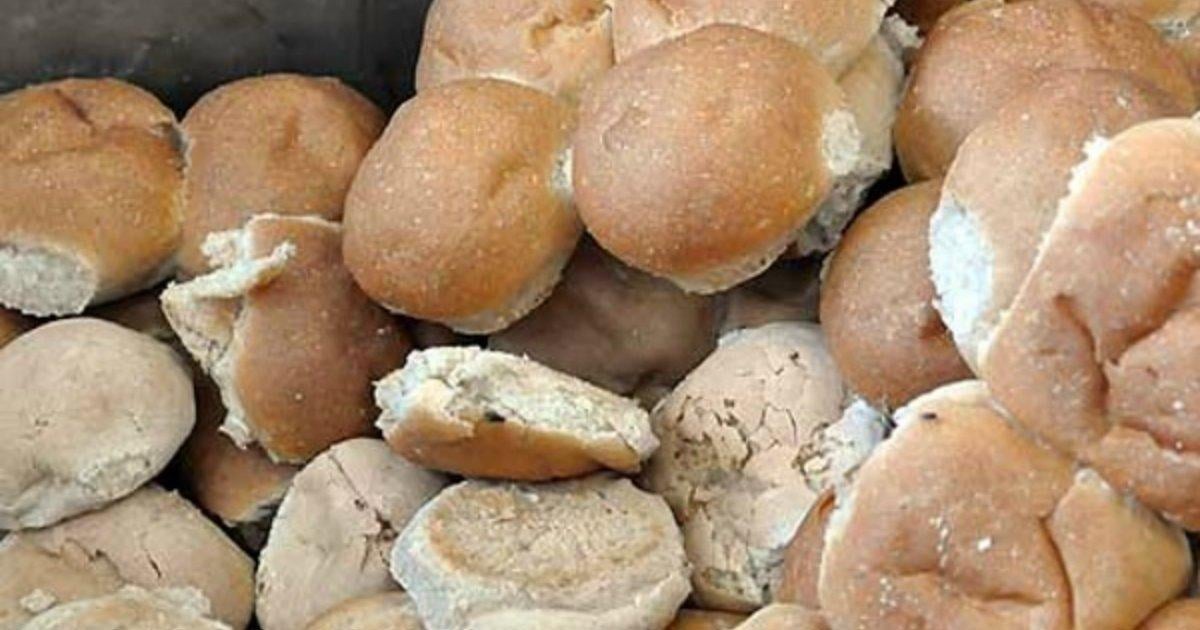Las Tunas has become the center of controversy over the quality of bread distributed through local ration stores, with several residents claiming the product contains sand. This concern prompted a reader to visit the editorial office of Periódico Las Tunas to voice their complaint.
The situation has caused significant discomfort among the province's inhabitants, who have expressed their outrage at what they see as the government's disrespect. The official response came from the directors of the Food Industry in the territory, who explained that the issue stems from a shipment of wheat from Russia that arrived at the Santiago port this May.
According to authorities, this wheat contains a high level of impurities that, due to the technological limitations of the Cuban industry, are difficult to completely remove. This results in bread made with the resulting flour having a gritty texture, feeling sandy when eaten.
Despite laboratory tests assuring that the flour is safe for human consumption, the residents of Las Tunas are not satisfied with these explanations. One user expressed on Facebook: "The government thinks we are pigs. When they don't mix the bread with sweet potato or pumpkin, they give it to us like this. This is not suitable for anyone, it's not bread with the required quality, and out of respect for the people, they should stop justifying."
Another user added: "We rely on street vendors to get a piece of bread for breakfast. We woke up without flour and without bread. Regardless of the lab results, that bread is for pigs and shouldn't be offered to the population. It's a total waste of electricity and other resources because that bread is inedible."
The reactions reflect widespread dissatisfaction and growing desperation among citizens, who feel the government not only fails to provide quality food but also wastes resources on products unfit for human consumption.
The criticism extends beyond the bread issue. Residents of Las Tunas denounce that complacency and lack of control in imports are to blame for the current situation. "We go to bed without electricity, wake up without electricity, and have no bread for breakfast. We lack so many necessities. Having to settle for whatever they give us is too much for the elderly and children who have no other means to get food," a resident concluded, highlighting the deep and broad impact of the crisis.
This situation underscores the shortages and difficulties faced by the Cuban population daily, making it clear that the government's solutions are inadequate.
Key Questions About the Bread Controversy in Las Tunas
In light of the bread quality issues in Las Tunas, several key questions have emerged. Here are some answers to help clarify the situation.
What caused the bread in Las Tunas to contain sand?
The bread's sandy texture is due to impurities in a shipment of wheat from Russia that arrived in May. The technological limitations of the Cuban industry make it difficult to completely remove these impurities.
Is the flour used in Las Tunas safe for consumption?
Laboratory tests have confirmed that the flour is safe for human consumption, despite the gritty texture caused by impurities.
How have residents of Las Tunas reacted to the bread issue?
Residents have expressed significant dissatisfaction and anger, feeling disrespected by the government. They argue that the bread is not fit for human consumption and criticize the waste of resources.
